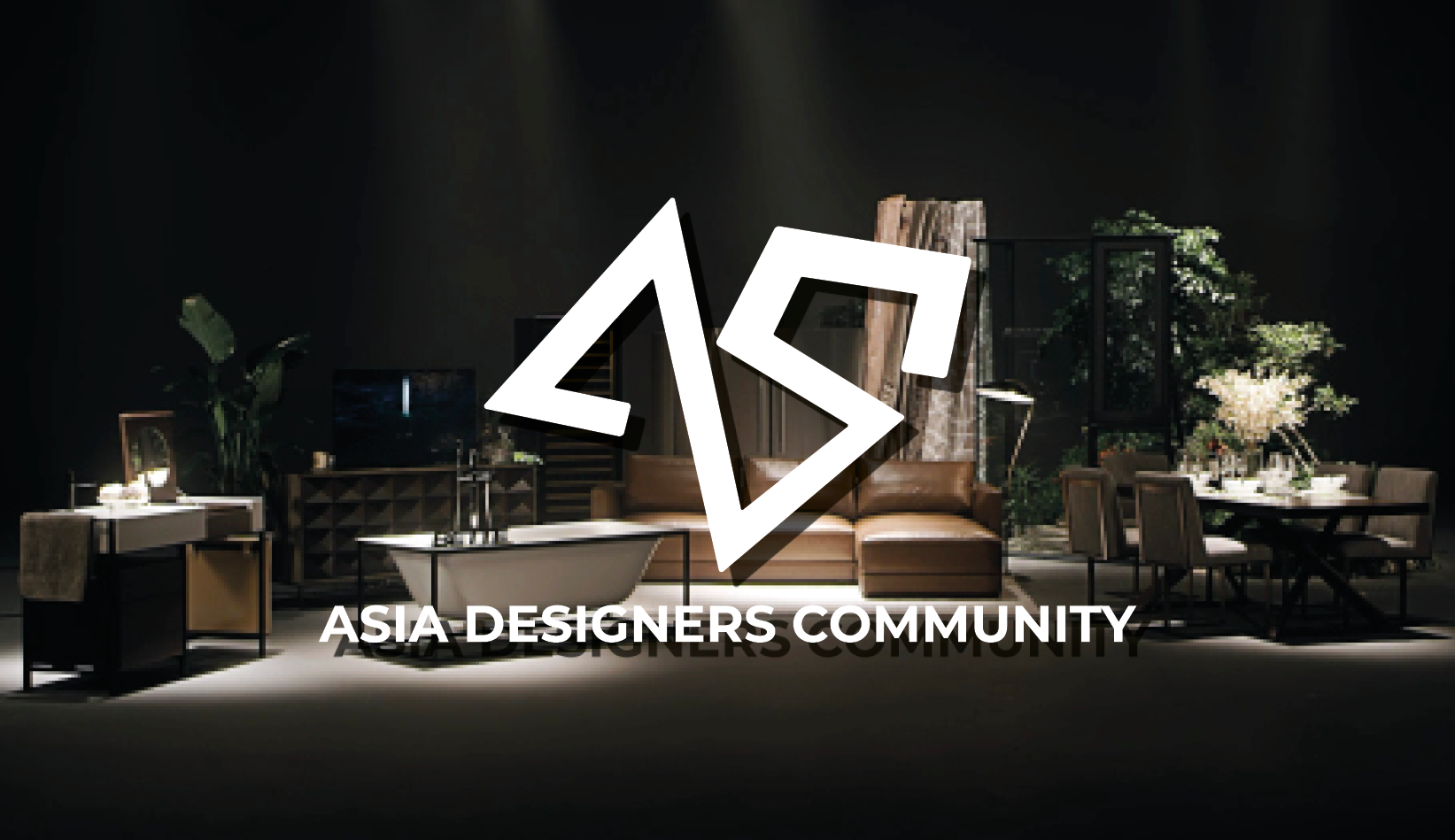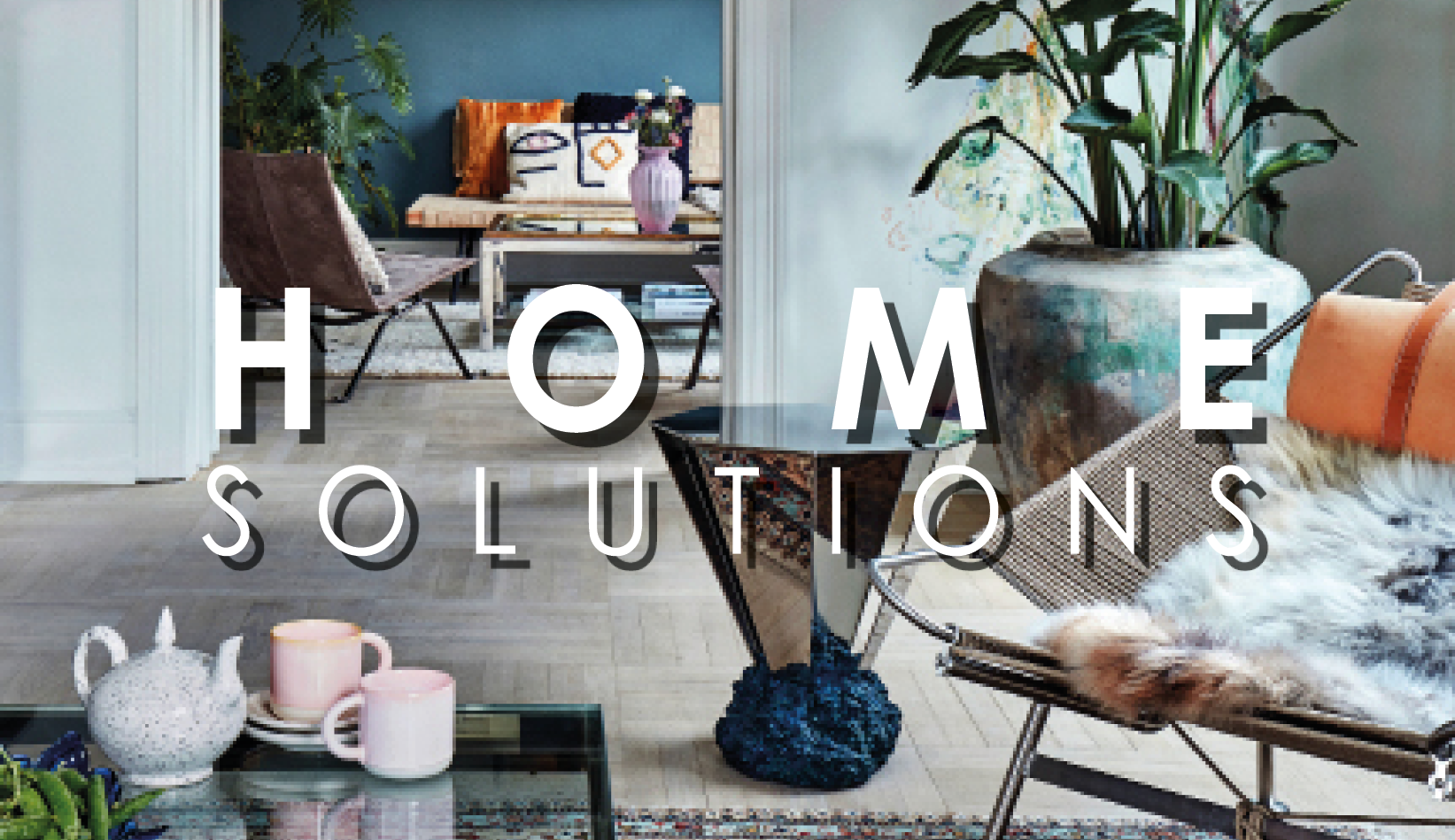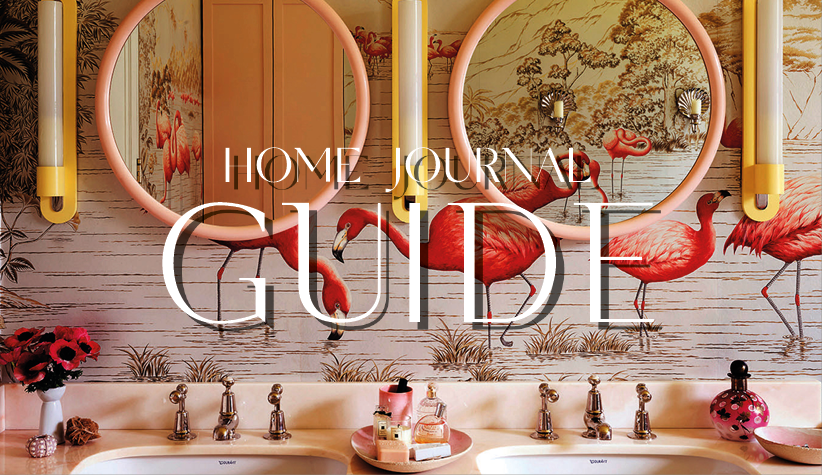In a country where forward-thinking and cutting edge development is celebrated, I believe further studies on the hanok is crucial to keep our originality and locality alive.”
Teo Yang of the namesake design studio wishes to carry tradition into the present – something he does very well by introducing thoughtful adjustments to design elements of the past. We have a small library in our studio with books specifically dedicated to Korean tradition and lifestyle,” he says, thus everyone in the studio has the opportunity to study and be inspired.”

Photo courtesy of Teo Yang Studio
No better is this demonstrated than in one of his recent projects, a 2,300sqft holiday home for a bachelor in his 40s. Located in the Gahoe-dong neighbourhood of Seoul’s Bukchon district, surrounded by the Gyeongbokgung Palace, Changdeokgung Palace and Jongmyo Shrine, the house offered an apt exercise for the creation of a modern hanok. The client wanted to enjoy tradition – but made it clear that he did not want to live in an 18th-century house,” says Teo.

The team set about designing a space where he could enjoy both – a house where tradition and the present co-exist.”

The more traditional look and ambience can be found on the upper floor, complete with a courtyard that’s typical of traditional Korean houses, as well as a reading room that pays tribute to the Sarangbang, which in the old days served as a man’s study room.

The Korean reading room is my favourite part of the project, as it honours traditional culture,” says Teo. Furniture including a custom-made six-fold screen, which features a type of folk painting called Munjado – ‘the painting of words,’ which grew in popularity during the Joseon Dynasty – can also be found in the Sarangbang.

Meanwhile, the basement lounge is home to a more contemporary aesthetic, home to the owner’s entertainment system.

With strict regulations imposed n the definition of a hanok, Teo says it took some time and effort to convince the government of their intention and design. But after getting the approval, it was an incredible process to see our idea turn into reality.”

Click through the gallery below for a tour of the home.

A view of Bukchon and the skyline is visible from the home's circular windows.


While many of the home's furnishings are custom-made by Korean artisans, others were also sourced from Artek. "The subtle quality of the brand fits well with the space," describes Teo.



A Teo Yang Studio floor lamp stands next to the six-fold screen, featuring bronze metal and lacquered bamboo.

The six-fold screen, with traditional Korean art called Munjado ('painting of words'), features Confucian virtues painted in calligraphy.







Pieces from the homeowner's art collection decorate the space. The lounge is also home to wine storage.


The homeowner owns pieces by Ufan Lee and JongHyun Ha.




"I think every piece in the home is important," says Teo. "In order to complete and supplement each other, the space highlights art, and art highlights the space."


Visit our Homes section for more tours of beautiful abodes.
The post Inside This 2,300sqft Hanok in Bukchon, Seoul, Designed For The 21st Century appeared first on Home Journal.






